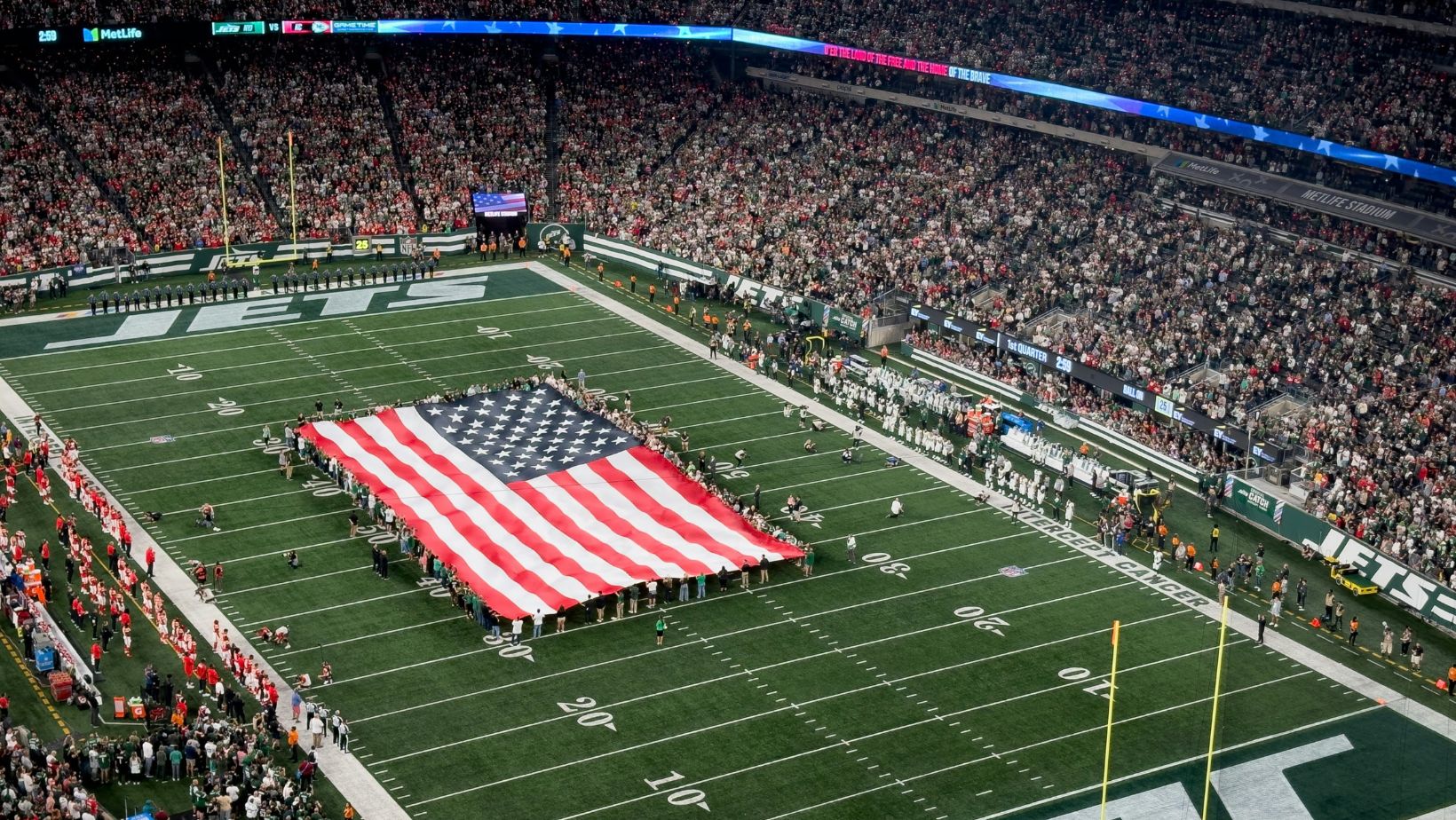
NFL betting isn’t just a game of chance. It’s a game of discipline, analysis, and strategy. While the excitement of placing a winning wager draws many in, long-term success depends on avoiding costly missteps. Whether you’re an experienced bettor or still learning the ropes, falling into behavioral and strategic traps can drain your bankroll. Here are the biggest mistakes regular NFL bettors make, and how to stay ahead of them.
Chasing Losses Can Spiral Out Of Control
Losing hurts. The urge to immediately recover what you’ve lost by betting more on the next game is natural. But this emotional response, known as chasing losses, often results in larger and riskier bets, made without proper evaluation.
Every bet should be made independently of previous outcomes. The smart approach is to set predefined limits on losses per day, week, or betting session. That way, you protect your bankroll and your mindset.
Overconfidence After Winning Streaks
Winning breeds confidence. Sometimes too much of it. After a string of successful bets, many bettors increase their stake sizes or loosen their research habits, believing they’ve unlocked a formula for success.
Whether you bet on NFL games or other sports, the reality is that short-term success can be driven by variance, not skill. To stay grounded, maintain consistent bet sizing regardless of your win streak and always validate picks with data, not instinct.
Misunderstanding Expected Value (EV)
The concept of expected value (EV) is often overlooked. Every bet you place should offer long-term profitability, not just short-term excitement. Bettors who ignore EV tend to chase favorites, jump on trends, or bet based on gut feeling.
To stick with high-EV opportunities, focus on analyzing whether the odds reflect the true probability of an outcome. Making +EV bets consistently leads to profitability over time.
Confirmation Bias Skews Judgment
Everyone wants to feel right. But when bettors seek information that confirms their beliefs while ignoring conflicting data, it leads to poor decisions. This is called confirmation bias, and it’s one of the most deceptive traps.

Avoid it by challenging your own picks. Consider what would prove your prediction wrong. Study multiple sources with different viewpoints and let the data speak louder than your opinion.
Falling For Recency Bias
What just happened isn’t always what’s going to happen next. Recency bias makes bettors overvalue a team’s last performance, especially if it was dominant or disastrous.
Teams have ups and downs. One explosive win doesn’t make a team invincible, just as one blowout loss doesn’t mean they’re done for. Take a step back and look at season-long metrics and trends rather than making decisions based on last Sunday’s box score.
Believing In The Gambler’s Fallacy
The gambler’s fallacy is the idea that past outcomes affect future ones, even when the events are unrelated. For instance, thinking a team is “due” for a win just because they’ve lost three in a row can lead to poor bets.
NFL games are complex and influenced by many variables. Don’t assume a result based solely on streaks. It’s important to recognize when correlations truly matter, such as a wide receiver’s performance directly influencing the quarterback’s stats, while also learning to separate meaningful links from coincidental patterns.
Betting With The Heart, Not The Head
It’s hard to stay neutral when your favorite team is playing. But betting based on emotional attachment or personal bias clouds judgment. These decisions are rarely backed by logic or statistics, such as the latest NFL player stats and trends.
If objectivity becomes difficult, consider skipping bets on games involving your favorite team. Instead, concentrate on games where you can approach analysis with clarity and reason.
Making Too Many Bets Per Week
The temptation to bet on every game is strong. While it may seem that more bets increase opportunities, the opposite is usually the case. Spreading a bankroll across too many plays can dilute focus, weaken analysis, and lead to less-informed decisions.
Instead, focus only on games where you’ve identified a clear edge. Quality always trumps quantity. It’s better to make three well-researched bets than ten impulsive ones.
Failing To Manage Your Bankroll
The single most important practice in betting? Managing your money. Betting with inconsistent unit sizes, or worse, adjusting stakes based on mood, is a fast way to zero out your balance.
A flat-betting approach, where you risk the same percentage of your bankroll each time, helps minimize losses during down periods and optimizes gains when you’re doing well. Stick to 1–3% per bet for long-term sustainability.
Ignoring The Line Movement
Betting odds don’t stay static. They move in response to injuries, weather, public opinion, and sharp money. Not tracking how lines shift from open to close means you might bet a worse number than others.
Stay alert. Observe where lines move and why. Sometimes, a line dropping despite heavy public action in the opposite direction can signal smart money at play. Paying attention to these cues can give you the edge.
Betting On Hype And Media Noise
The media shapes narratives. A player goes viral for a big play, and suddenly, the public sees them as a guaranteed win. But media-driven betting is rarely profitable.
Step away from the noise. Base your analysis on actual performance data, not headlines or highlight reels. Public perception drives line inflation, and fading hype-driven teams can often bring value.
Lack Of A Consistent Strategy
Betting without a plan is like playing poker without knowing the rules. Without a clear system or criteria for choosing bets, your decisions will swing based on emotion and impulse.
Define your approach. Maybe it’s identifying weak defensive matchups for player props or targeting underdogs in divisional games. Whatever your method, consistency breeds confidence and improves results.
Skipping Self-Review And Reflection
Most bettors don’t keep a record of their wagers. This makes it impossible to learn from mistakes or understand what’s working.
Log your bets, including the amount, odds, and reasoning. Review them weekly or monthly. Patterns will emerge, both good and bad, and this insight can guide smarter plays moving forward.
Putting It All Together
NFL betting is more than picking winners. It’s a discipline that blends psychology, math, and patience. Avoiding the pitfalls mentioned here can help you make more rational, value-driven decisions. Stay focused, don’t let emotion steer your bets, and remember, every wager is a long-term investment in your strategy. When you combine analysis with discipline, consistent profits become far more realistic.


